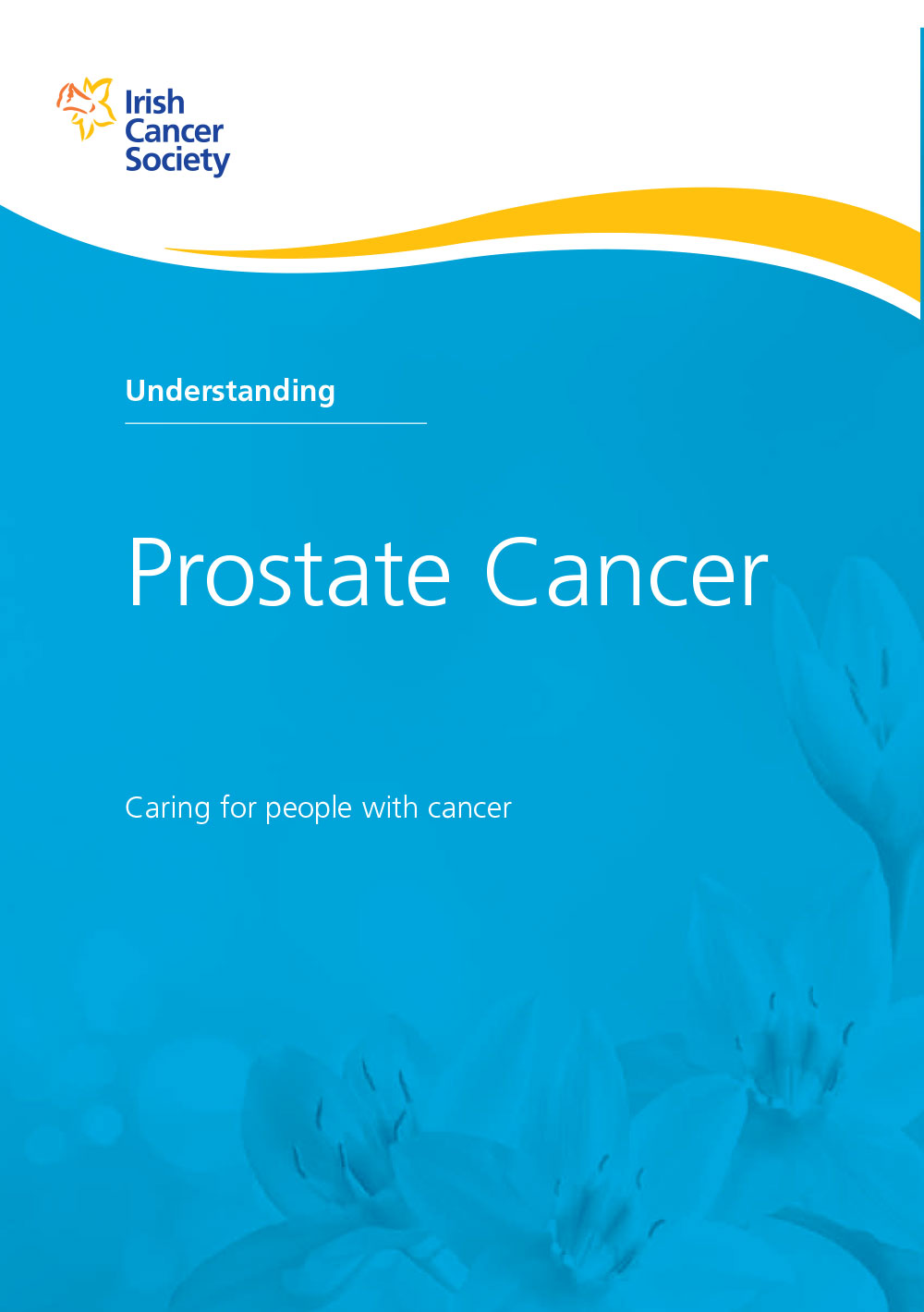Prostate cancer
Treatment
How is prostate cancer treated?
Prostate cancer can be treated in a number of ways. You may be given a choice of treatments. Sometimes the treatment is to get rid of the prostate cancer completely. If this is not considered likely, the treatment aims to control the cancer or slow its growth.
Which treatment options are suitable for you depends on:
- The stage and grade of your cancer
- Your PSA level
- The size of your prostate gland
- If you have urinary symptoms or not
- Your general health
Common treatment options include:
You don’t start treatment straight away. Instead you have regular tests like blood tests, digital rectal examinations, MRIs and sometimes biopsies to spot any changes or activity in your cancer.
This way you can avoid treatment side-effects for as long as possible and still start treatment to cure your cancer as soon as you need it.
This is a treatment option for low-risk prostate cancer, which can be very slow growing and often does not cause symptoms or problems. Active surveillance is not suitable for locally advanced prostate cancer.
Read more about active surveillance.
Removing your entire prostate gland. You may have radiotherapy as well.
Read more about prostate cancer surgery.
Radiotherapy uses high-energy rays to kill cancer cells. There are two main types:
- External beam radiotherapy
High-energy rays are aimed at the prostate from outside the body. You may have this treatment on its own or combined with hormone therapy.
Read more about external radiotherapy for prostate cancer. - Brachytherapy (internal radiotherapy)
A small radioactive source is placed directly into your prostate to target cancer cells from the inside.
Read more about brachytherapy for prostate cancer.
Prostate cancer depends, in part, on the male hormone testosterone to grow and spread. Tablets or injections that reduce the amount of testosterone in your body can slow down or stop the growth of cancer cells. In certain circumstances hormone therapy is used together with radiotherapy for early or locally advanced prostate cancer.
Read more about hormone therapy for prostate cancer.
Chemotherapy drugs may be given to some patients with localised high-grade cancer.
An option for men with health issues that make other treatments unsuitable. You will have PSA tests and sometimes digital rectal examinations done by your hospital or GP. You will also be monitored for new symptoms, such as difficulty passing urine or bone pain. If your PSA level rises or you get symptoms you will be referred back to your cancer specialist. If there are no signs of the cancer growing, it’s safe to continue with watchful waiting.
Choosing a treatment option
If your doctor asks you to choose between treatment options, it’s natural to feel uncertain or worried about making the right decision. Many people find this stressful and fear picking the “wrong” one.
The truth is, there often isn’t one “right” answer. For prostate cancer, there may be several treatment options that are equally effective. What matters most is choosing the option that feels right for you- one that fits your lifestyle, values and preferences.
Take your time to think about the benefits and potential side-effects of each option. Your medical team is there to help you understand what each treatment involves so you can make a decision you feel confident about.
Tips to help you choose a treatment
- List your treatment options and read and ask questions about them.
- Ask to talk to a urologist and a radiation oncologist before you make up your mind.
- Ask as many questions as you can in the hospital until you’re sure you have enough information. Your doctors and nurses will support you in making a decision.
- Think about the pros and cons for each treatment option.
- Would I feel anxious with active surveillance?
- How long does this treatment take?
- Will I have to stay in hospital?
- What is the recovery period?
- What are the side-effects? E.g. sexual side effects, urinary side-effects.
- How will those side-effects change my daily life?
- How many times will I need to go to hospital?
- How far will I have to travel for treatment?
- How long will I need to take off work?
- Will it affect my fertility? - Ask yourself how important these points are to you (individually) and to your family. We have a decision aid sheet you can print out and fill in.
- Write down what is the most important goal for your treatment.
- Talk to your family about the pros and cons.
- Talk to other men who have received these treatments and find out about their experiences and how they managed any side-effects. The Irish Cancer Society can put you in touch with a trained Peer Support volunteer who has been through a prostate cancer diagnosis. For more information contact our Support Line on 1800 200 700. You could also join our online community.
- Give yourself time to make your decision.
- Call our Support Line 1800 200 700, email supportline@irishcancer.ie or call into a Daffodil Centre if you need extra information and support from one of our cancer nurses.
Give yourself time
You will probably need to have a number of discussions in order to understand the various treatment options and their possible side-effects. If you don’t feel comfortable making a decision, your consultant will advise you.
What is a nomogram?
A nomogram is a tool used by doctors to help them and their patients predict the success of a particular treatment or the probability of remaining cancer free after certain treatments.
It uses different features of the cancer like PSA, Gleason grade and stage as well as other prostate biopsy details to make predictions. The predictions are based on the past experiences of many thousands of patients, usually drawn from hospitals based in the USA.
Nomograms can be complicated and are not always reliable. Talk to your doctor if you want to use an online predictive tool to help guide you in your decision making.
Will I get side effects?
The type of side-effects you get will depend on the type of treatment, the dose, the duration and your own general health. Your doctor or nurse will discuss any possible side-effects with you before your treatment.
Some treatments for prostate cancer can cause urinary symptoms. Urinary symptoms – particularly leaking urine (pee) – are most common after surgery for prostate cancer.
Read more about managing urinary symptoms after prostate cancer treatment.
Continue reading about prostate cancer




Get help & support

Support Line
Free support pack


